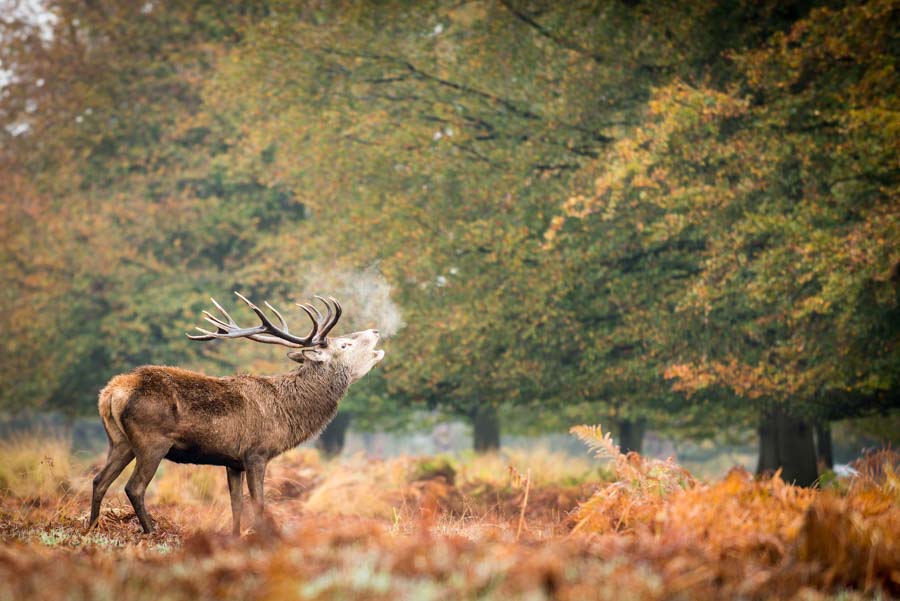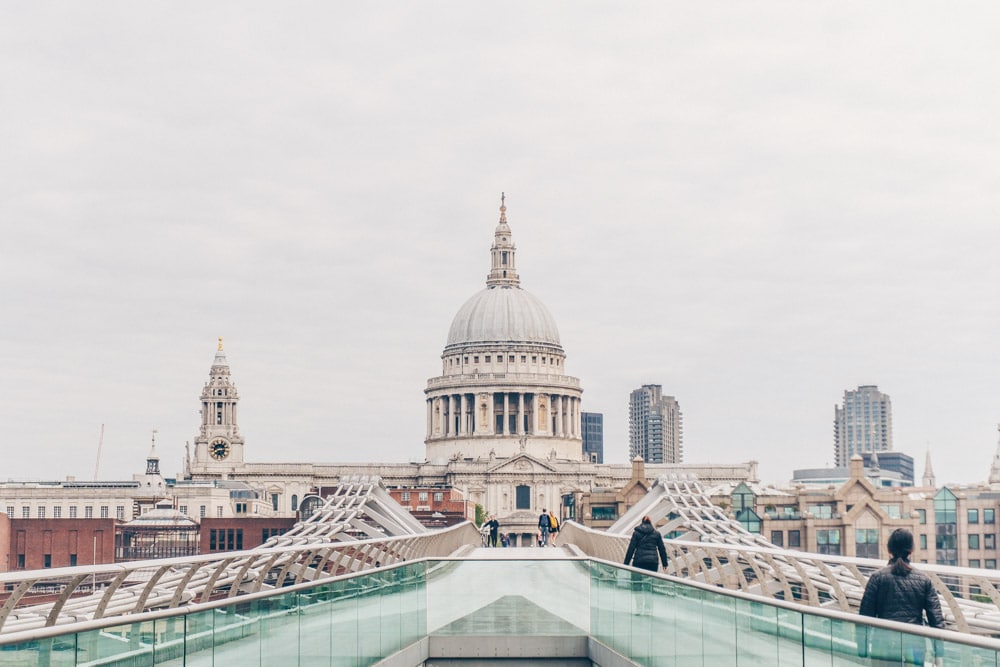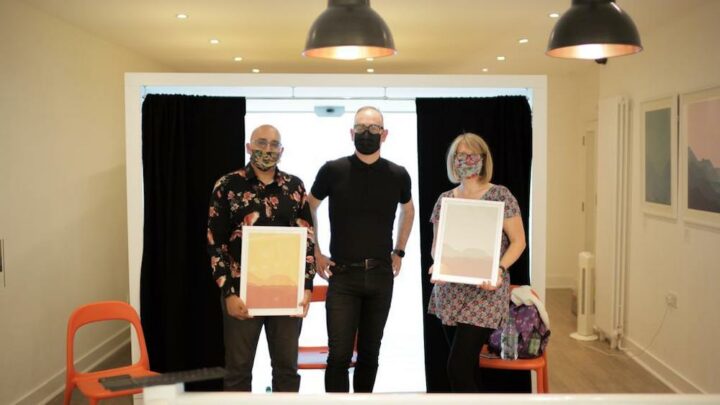
I think it’s fair to say that this pandemic has taken a toll on most of us, and last week Matt Jukes, Professor Catherine Loveday, and Tabish Khan got involved in an interesting panel discussion to talk about all things memory, art, and the effects of lockdown.
Matt Jukes is a London-based artist, and his work uses colour and texture to take the viewer on an emotional journey into their memory.
If you haven’t heard, Matt’s Feelscape exhibition in Shoreditch uses clever AI to scan your face and create a personalised experience based on your emotions – I highly recommend you check it out before July 18th if you can, it’s one of the coolest exhibitions I’ve ever visited.
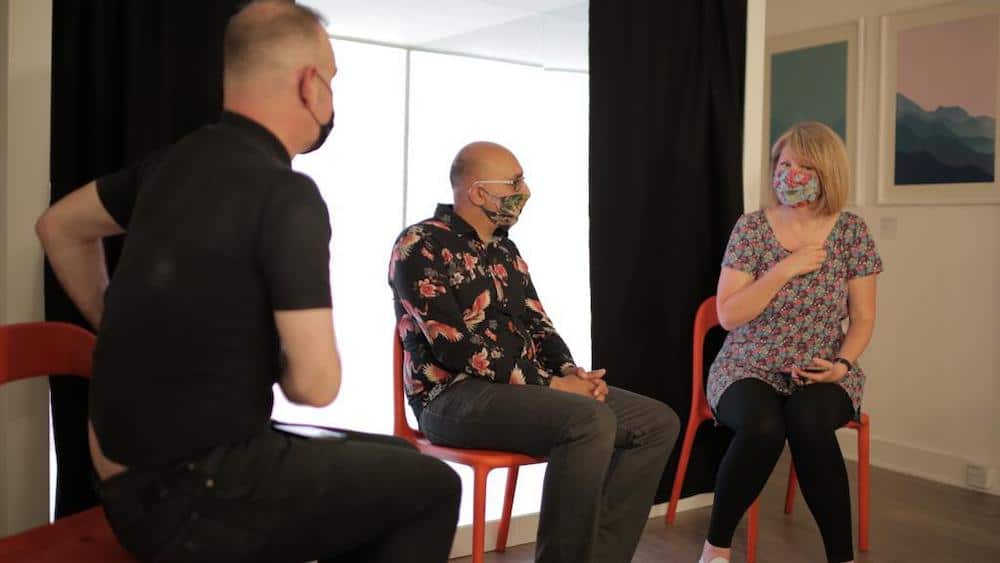
PS: This is a sponsored post but as ever, all thoughts and opinions are my own. Hands off.
Matt sat down alongside Westminster University’s Professor of Cognitive Neuroscience, Catherine Loveday, whose work revolves around memory and the processes involved. She’s also written a book called “The Secret World of the Brain” and is a member of the research board for the British Psychological Society. In other words, she really knows her stuff.
Esteemed art critic and journalist Tabish Khan also joined them for the talk, giving a fascinating insight into the art world and the importance of memories during the lockdown. Tabish specialises in the London-based art scene and he’s also been the visual arts editor for Londonist since 2013.
The three panellists had a lengthy discussion over the course of 45 minutes. Matt’s work was the perfect starting point when understanding how memory, art, and the effects of lockdown are all intrinsically linked.
The Creation of Feelscape
Matt was asked about his art and how Feelscape came into fruition:
“I try to create feeling and create an emotion… but with this experience, I turned that around. I ask you to step into the booth, let your emotions create your own place.” Matt explains.
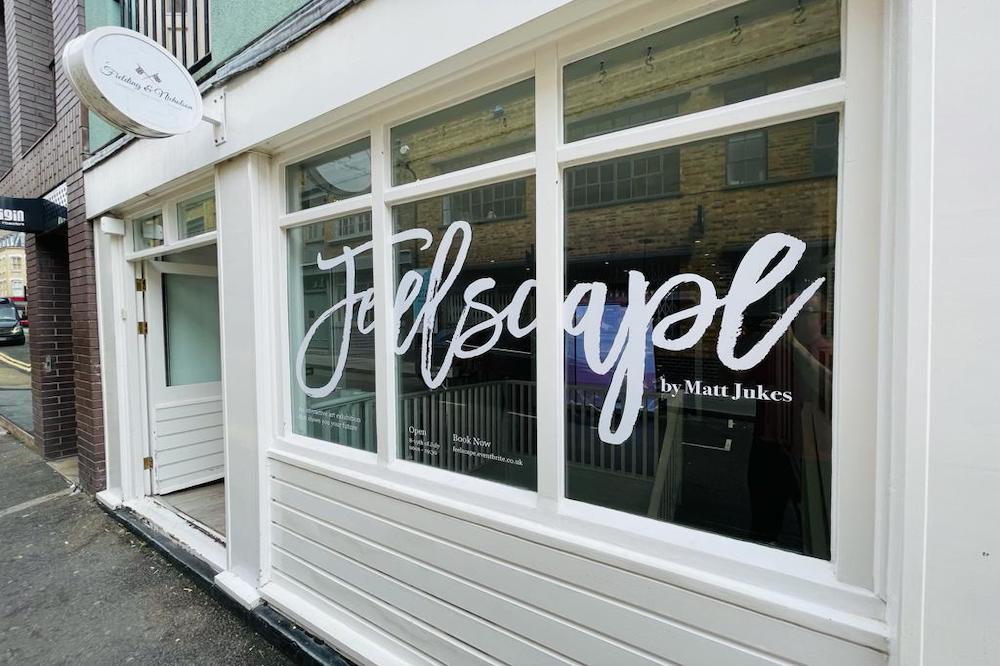
Tabish and Professor Loveday were lucky enough to experience Feelscape for themselves.
Tabish describes the exhibition as surreal, and Professor Loveday explains that she found it difficult at first, feeling reserved and unsure about where she was heading with her own future.
The Intersection Between Science and Art
Professor Loveday’s own scientific research has strong links to Matt’s work and its theme of positive thinking about our future (especially helpful during the lockdown, I’m sure you’ll agree).
She explains how Default Mode Network kicked in whilst she was being scanned by the AI in Matt’s exhibition – don’t worry if you’re not a Neuroscientist, this is basically just the function that keeps everything ticking over in our brain when we aren’t focusing, most often when we begin to daydream and think about the future:
“Very often nostalgia and remembering is a very positive intervention, but actually, in relation to the pandemic, it was the future-thinking that was associated with better wellbeing.” She adds.
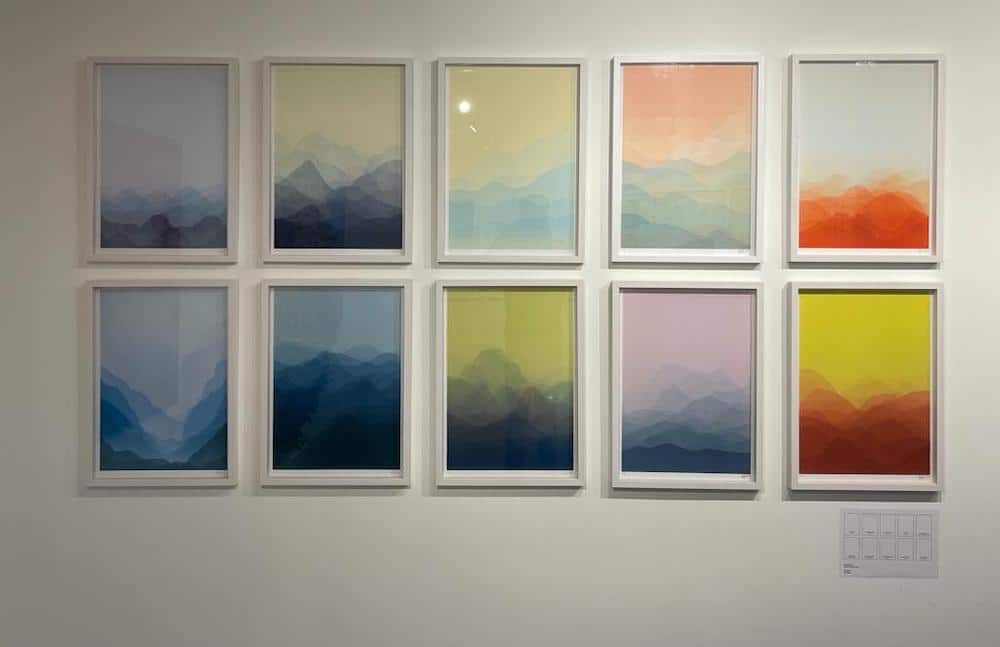
On the Importance of Memory…
The topic of memories is a recurring theme throughout the discussion. Tabish explains how he previously lived his life through a series of landmarks: “That was the week or the month that I went to that exhibition… that was when I saw that friend. Everything just became one grey mass of brain fog [during lockdown].”
Professor Loveday adds that many people have felt like their memory isn’t as sharp as it used to be due to the mundane routines formed in lockdown and the sheer amount of events that were cancelled throughout the last 18 months.
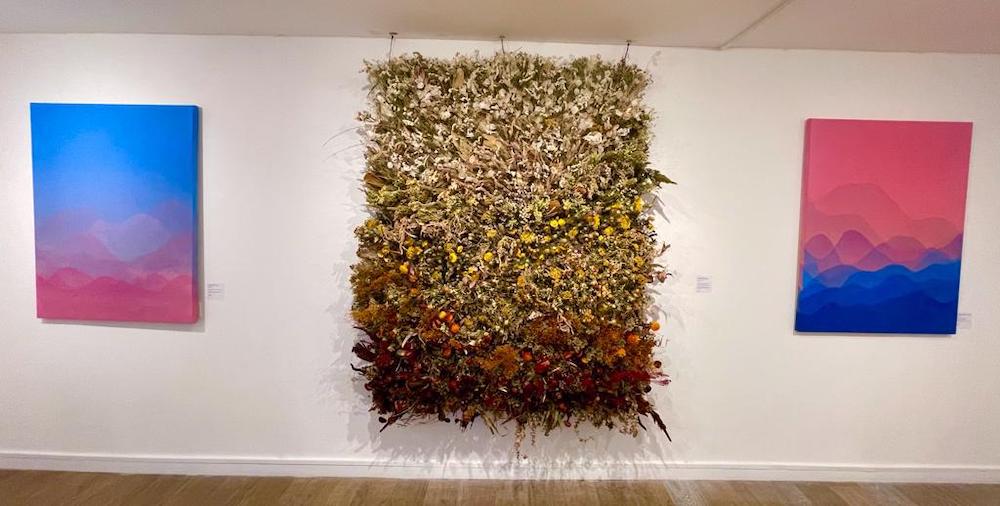
Although, it’s not all bad news. She explains that during the pandemic, many people have been able to create happy memories when trying something new. These are things that we probably would have taken for granted before, from taking a scenic walk to trying a new activity.
This theme of memory is so key in the Feelscape exhibition, and Matt describes his own memories as “a series of polaroids with a memory wrapped around it”.
Because of this, Matt’s work strives to create new positive memories for those who undertake the AI scanner at his exhibition, presenting you with the chance to think positively about your own future.
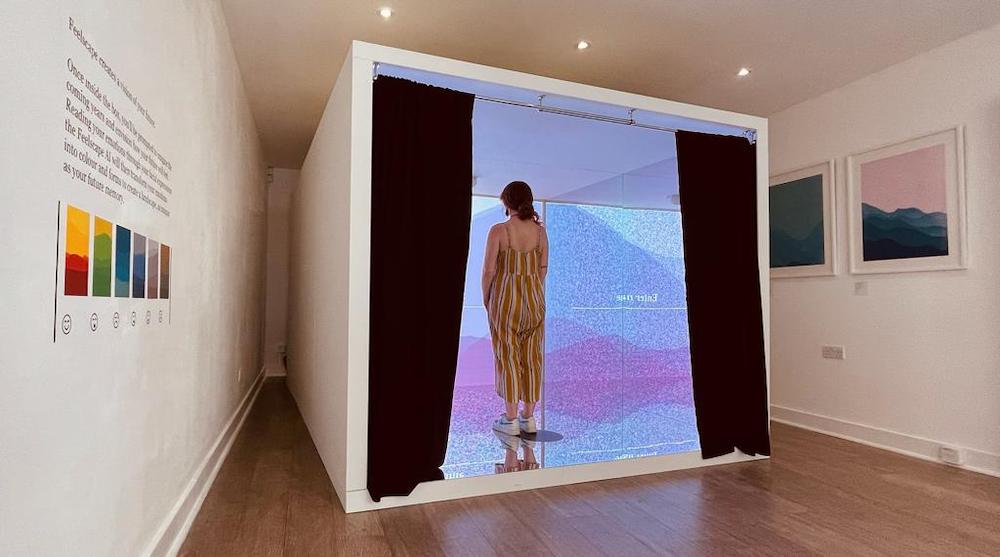
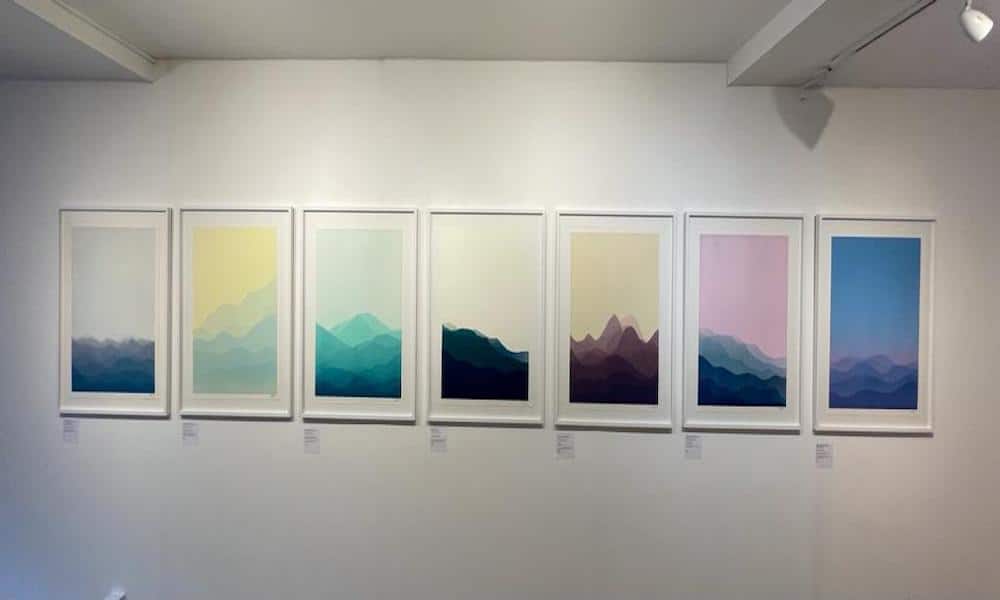
… And Music’s Role
And then the talk turned to music. When Tabish asks Matt how music plays a role in his work, Matt is keen to stress just how important music is to him as an artist:
“Visual is just one way to tap into people’s emotions. Music is very much at the heart of a lot of what I do. For me, I will hear a word and I’m instantly taken back to a song… that will trigger a visual.”
Matt then explains how he adds musical quotes around his art as a way of representing his personal connection to his work, and he often finds that his pieces aren’t complete until he has heard a piece of music that gives him a eureka moment.
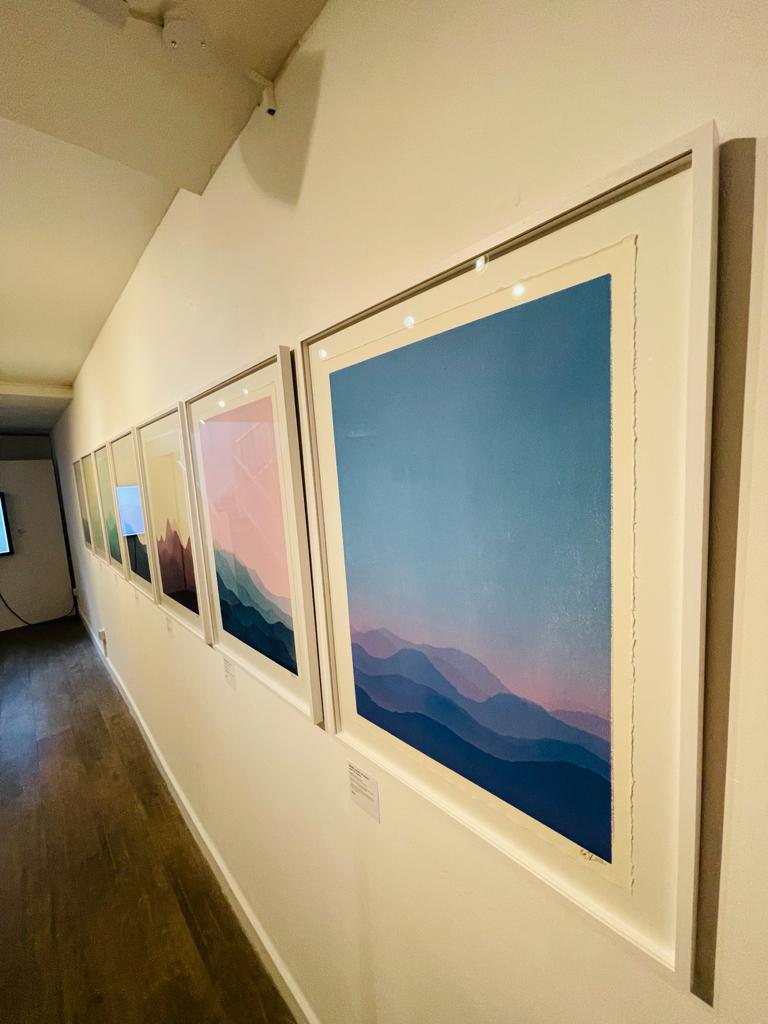
Professor Loveday agrees with this connection, adding: “The key thing with music and memory is absolutely correct. Memory and music are very closely tied up, which is why music is so evocative.”
The whole discussion was incredibly riveting and informative – even if you’re not a keen art fan yourself, it’s interesting to see the thought processes involved in creating a collection of work, as well as some expert insight into how lockdown has influenced us all.
Video of the discussion
Check out the full video of the panel’s discussion for yourself…
Discover More Cultural London Guides
Check these out…
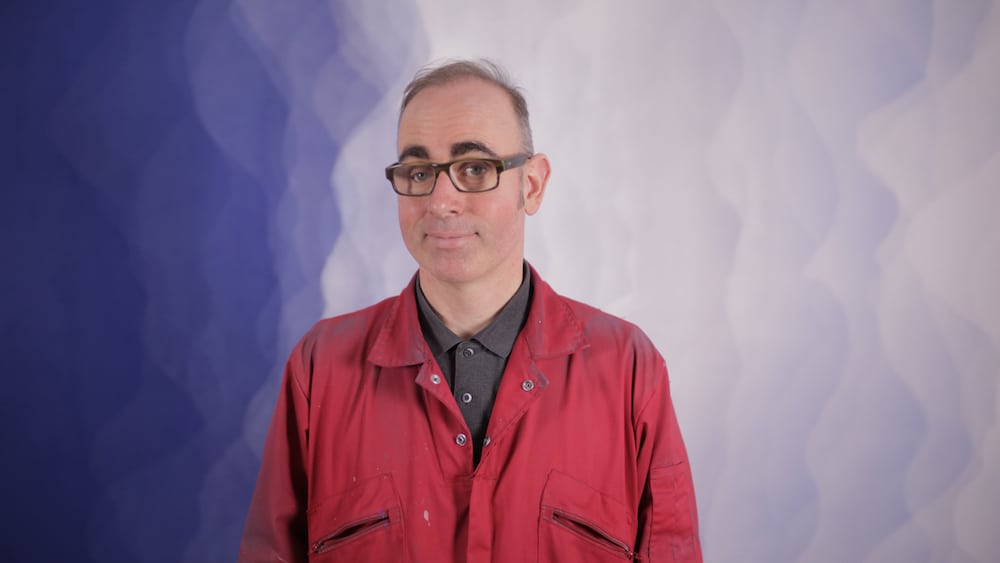
Matt Jukes’ Feelscape
Exhibition
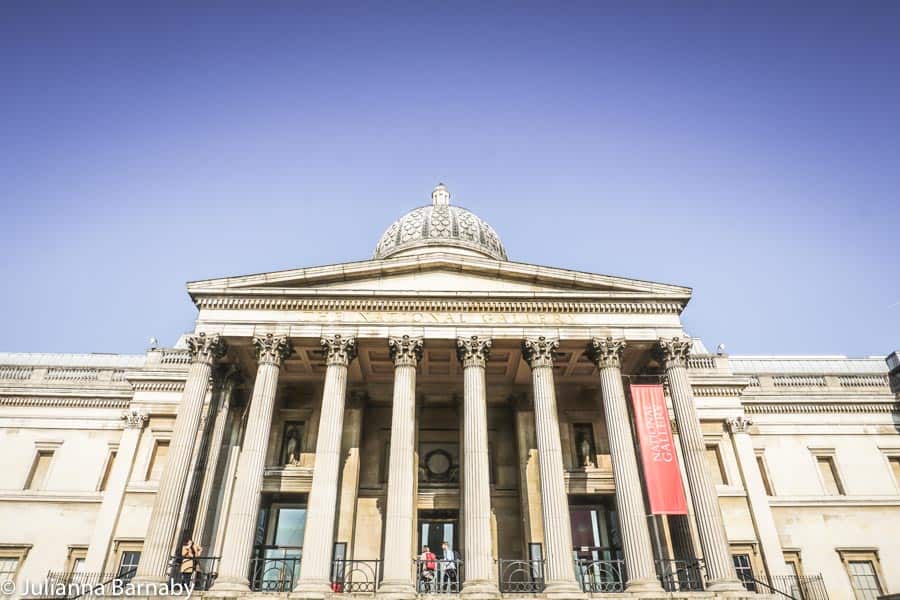
Art Galleries in London

Music Festivals Summer 2021

